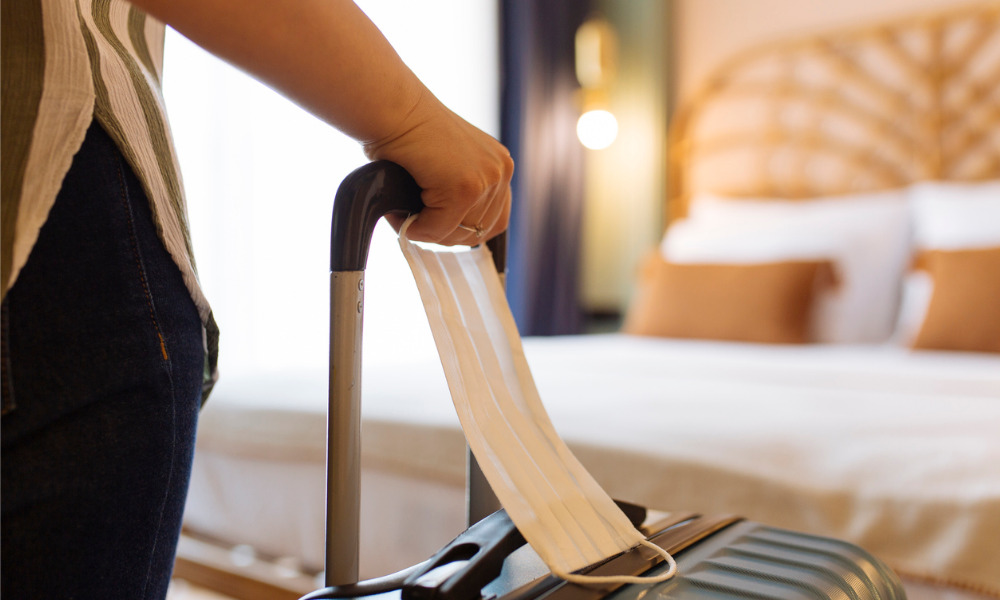
Government expects this to alleviate workforce shortage

Australia on Thursday announced an expanded list of sectors that will lift the quarantine requirements for close contacts of confirmed COVID-19 patients.
This means that workers in the following sectors who are close contacts of COVID-19 cases will no longer need to undergo isolation as long as they have a negative result from a rapid antigen test:
Prime Minister Scott Morrison unveiled the list on Thursday, saying that this was agreed upon in a meeting by the National Cabinet. He cited in the decision the impact of the Omicron variant on workforce availability, which has prompted absenteeism and in effect crippled supply chains.
"Worker absenteeism due to symptomatic COVID-19 illness, identified asymptomatic infection and the required isolation of close contacts is impacting on critical supply sectors and supply chains across all states and territories," Morrison said in a statement.
According to the prime minister, each state and territory will implement the changes for close contact essential workers under state and territory public health orders.
"Changes will be made as soon as possible, where they have not already been made under state and territory public health arrangements," said Morrison.
Read more: Union brands new NSW COVID policy 'beyond reckless'
Following the announcement, the Australian Council of Trade Unions (ACTU) slammed the move from the government said forcing more close contacts to report to work is "not a solution to the current crisis."
"It increases risk; and could increase sickness in workplaces and across the community at a time health workers and hospitals are already overwhelmed," ACTU said in a statement.
Sally McManus, ACTU secretary, said the country in such position because the federal government did not heed the calls from various groups as early as last year to provide free Rapid Antigen Tests. She added that ACTU has called a "crisis meeting of union leaders representing all workers" to come up with a response to Morrison's "regrettable failure of leadership."
"If the Prime Minister will not act, and if our national government will not provide national leadership during this time of national crisis, then workers and their unions will," she said in a statement.
Australia is currently suffering from a crippled supply chain, thanks to an ongoing labour shortage further burdened by the spread of the Omicron variant. The country has reported a total of 1,195,158 cases since the pandemic began, according to Morrison.